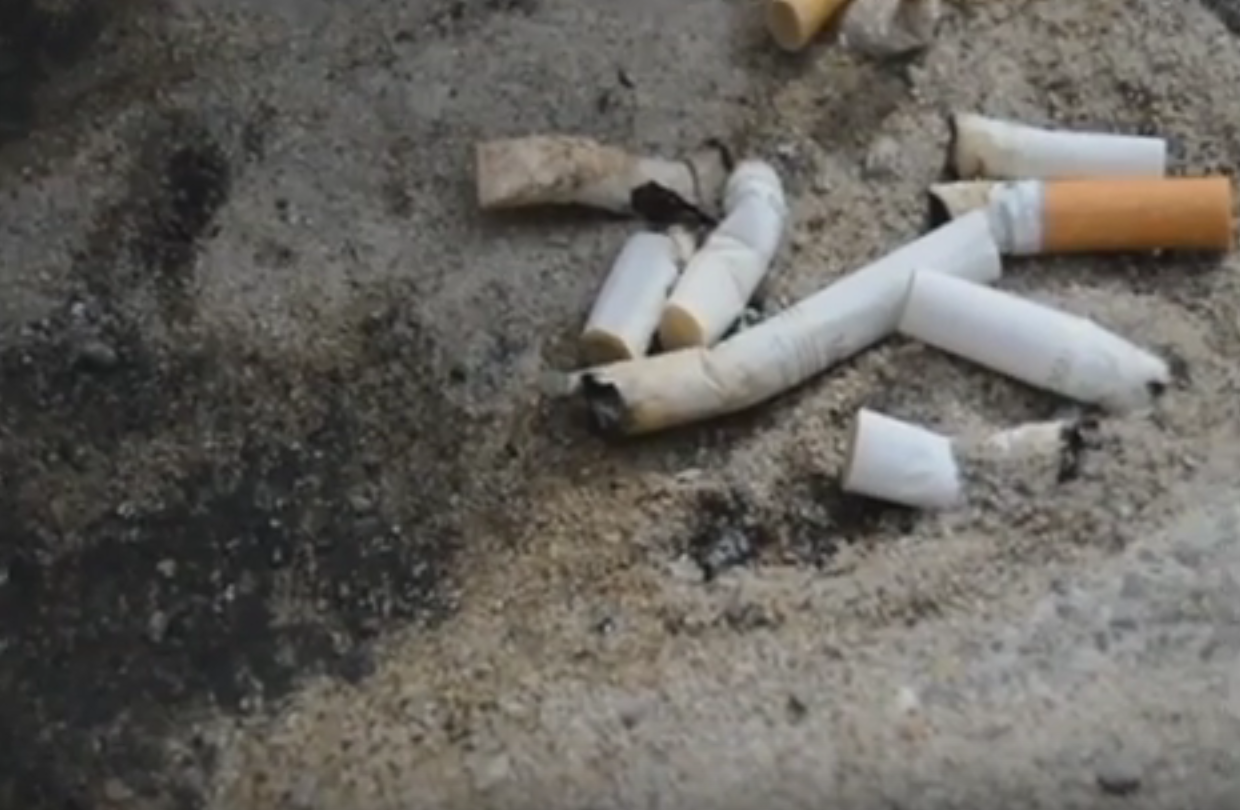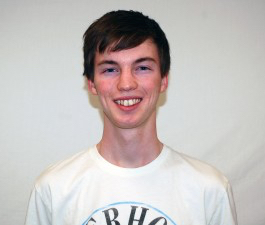
This is part of a feature, “Head to Head,” in which two columnists offer competing views on the same subject. Read Will Chaney’s column in the Oct. 8 Index, or online here.

Last semester, the Truman State Board of Governors passed a rule prohibiting the use of tobacco products on campus. While there was some input from several Student Senate committees, I think the rule received very little attention from the student body until after it was passed. Students certainly weren’t allowed to vote on it. The smoking ban places an unfair restriction on students, faculty and staff, for a policy that does not seem to benefit the Truman community.
Numerous studies have proven exposure to secondhand smoke can be dangerous for nonsmokers. However, very little of this research looks specifically at outdoor secondhand smoke, which the campus smoking ban targets, because indoor smoking on campus already was banned. Outdoor secondhand smoke only is harmful at close distances, according to a 2007 Stanford University study. The study found that a nonsmoker must be within 18 inches of a burning cigarette for an entire hour to be in the same amount of danger as the indoor environments most secondhand smoke studies observe. By contrast, nonsmokers will have little trouble if they remain at least six feet away from a smoker. Therefore, the health benefits of our current smoking ban are a negligible improvement over the rule that smokers must stay 25-feet from building doors that Truman previously used.
It also is fairly easy to avoid smokers while walking around campus, especially if only 6 feet of distance is required to remain safe. Because the facts do not support the ban’s most basic justification — that public health will be protected — it should be repealed. However, the ban raises other issues besides health.
The current smoking ban gives more arbitrary power to law enforcement. With the ban, the Department of Public Safety now has another reason to stop a certain group of people — smokers. There is no rational reason why smokers should be singled out and treated differently by law enforcement. Additionally, many self-respecting, independent adults who work for the University and Sodexo must now take extra time to leave campus to smoke while on break. Forcing them out of designated areas without good reason is a form of discrimination, and the ban should be treated that way.
As sophomore Trevor Hamblin has observed, many people disregard the ban and smoke on campus anyway. This is because the current rule is not respected. When people break rules, they generally tend to disregard laws more. The United States saw this large-scale during the Prohibition Era, when the illegalization of alcohol led to a general sentiment among many Americans that the law can be broken if an individual does not consider it fair. Additionally, a transgressor tends to break more rules if they previously have broken rules, according to a November 2014 Psychology Today article. Laws cannot be administered by force alone, usually requiring a fair amount of consensus among the governed. The smoking ban does not seem to have this, which is not surprising when one considers how it was passed. While it is difficult to determine, there is much reason to think the ban might cause students to disregard other rules.
Smoking is dangerous and can become a loathsome addiction. We should continue to educate citizens about the costs and benefits of tobacco use and fund programs that help addicts quit if they want to. But outdoor smoking does not cause any significant amount of harm to nonsmokers. For this reason alone, the ban has little — if any — legal justification, especially because it bans products that cannot harm other individuals, such as smokeless tobacco and vaporizers. This ban does not have much of an effect on our health, but instead continues the recent cultural phenomena of stigmatizing smokers. I challenge the University to ask the entire Truman community if it supports a smoking ban and to make a decision based on those results. Until then, let individuals decide for themselves whether or not they want to light up.
